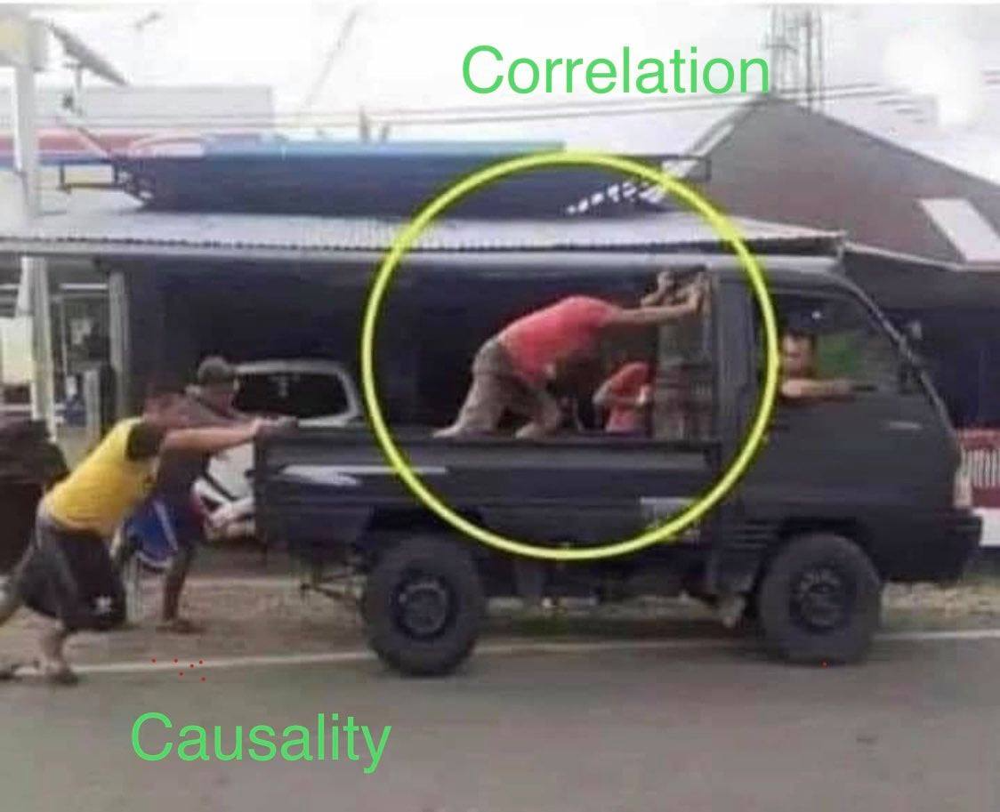Information is plentiful, insight is not.
We all produce a lot of information.
But to be valuable and actionable we need to convert it into insights.
The transformation usually follows this path: Information => Knowledge => Insights
Let’s start with some simple descriptions and then an example to understand the process.
- Information is essentially data. It can be observations, problems, symptoms, facts etc
- Knowledge is the first step in getting to insights. It can be the findings, solutions, habits, processes that we gain from information
- Insight is the principles, transformation, growth that comes from understanding the Why of Knowledge.
A simple example, based on drinking coffee:
- Information might be: I drink 4 cups of coffee each day and sleep badly
- Knowledge might be: I reduce to 2 cups of coffee each day and sleep better
- Insight might be: It’s not the number of coffees I drink, but instead it’s when I drink them (since caffeine takes 8+ hours to work it’s way out of our system)
It’s important to understand the difference between the knowledge and the insight.
- Information and Knowledge gives us the ‘What’
- Insight asks ‘Why’
Getting to the Insight also protects us from falling into traps eg thinking that just reducing to 2 cups of coffee helps us sleep better, but then mistakenly thinking we can drink both those cups just before bed.
It also frees us to drink 4 cups of coffee, provided they are all early in the day.
| Information | Knowledge | Insight |
| Data Facts Problems | Processes, habits Findings Solutions | Principles Growth Transformation |
| The raw information that we see, capture and review | What we focus on and use. The understanding we have of what works. | Why it works. Package it so others can use it. The transformation it provides. |
| Data: 4 coffees a day Trouble sleeping | Finding: 2 coffees a day Sleep better Knowledge: drinking less coffee helps sleep Trap: correlation | Insight: When you drink coffee is more important than How many coffees you drink (eg drinking 2 coffees before bed is terrible, drinking 4 coffees in the morning is fine) |
Why mention all this?
Most of the content you’ll read related to digital marketing, personal development, productivity, business success, etc will end at the Knowledge part. You’ll get lots of tips on what colours to use, when to post, how long to write, which channels to use, when to get up, what to read, etc.
But very little in the way of understanding why certain actions work.
And perhaps that’s fine most of the time – after all we don’t need to understand everything in order to live productive, impactful lives. Just using the time-tested processes that others discovered can be an excellent guide.
But it can lead to correlation traps if we follow along blindly. Knowledge is usually specific to a context, whereas Insights are more universal.
For some areas of our life or business or health or hobbies, asking the question of Why – and thus getting to the insight – is what unlocks real transformation.

(Aside: real thought leaders provide insights, not just knowledge of what worked for them. Next time you see a ‘thought leader’ presenting, ask yourself whether they are providing real insights, or whether they are just spouting knowledge.)
One final note though: we can’t always get an answer to Why something works (eg why did this campaign work and that one didn’t) – the world is a staggeringly complex place, and finding the simple answer to why isn’t always possible.
** The purpose of this post is simply to introduce the topic – in future posts I’ll refer back to this one as I dive into details **